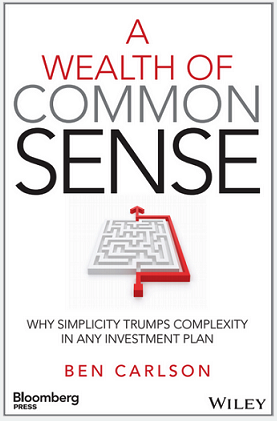How (Supposedly) Rational People Make Decisions, by Economist Gregory Mankiw
Rich Hua stashed this in Psychology
Stashed in: Economics!, Decisions, Warren Buffett, Economics, Decision Making
Principle 1: People Face Trade-offs
You have likely heard the old saying, “There is no such thing as a free lunch.” There is much to this old adage and it’s one we often forget when making decisions. To get more of something we like we almost always have to give up something else we like. A good heuristic in life is that if someone offers you something for nothing, turn it down.
Making decisions requires trading off one goal against another.
Consider a student who must decide how to allocate her most valuable resource—her time. She can spend all of her time studying economics, spend all of it studying psychology, or divide it between the two fields. For every hour she studies one subject, she gives up an hour she could have used studying the other. And for every hour she spends studying, she gives up an hour that she could have spent napping, bike riding, watching TV, or working at her part-time job for some extra spending money.
Or consider parents deciding how to spend their family income. They can buy food, clothing, or a family vacation. Or they can save some of the family income for retirement or for children’s college education. When they choose to spend an extra dollar on one of these goods, they have one less dollar to spend on some other good.
These are rather simple examples but Mankiw offers some more complicated ones. Consider the trade-off that society faces between efficiency and equality.
Efficiency means that society is getting the maximum benefits from its scarce resources. Equality means that those benefits are distributed uniformly among society’s members. In other words, efficiency refers to the size of the economic pie, and equality refers to how the pie is divided into individual slices.
When government policies are designed, these two goals often conflict. Consider, for instance, policies aimed at equalizing the distribution of economic well-being. Some of these policies, such as the welfare system or unemployment insurance, try to help the members of society who are most in need. Others, such as the individual income tax, ask the financially successful to contribute more than others to support the government. Though they achieve greater equality, these policies reduce efficiency. When the government redistributes income from the rich to the poor, it reduces the reward for working hard; as a result, people work less and produce fewer goods and services. In other words, when the government tries to cut the economic pie into more equal slices, the pie gets smaller.











3:44 PM May 16 2016